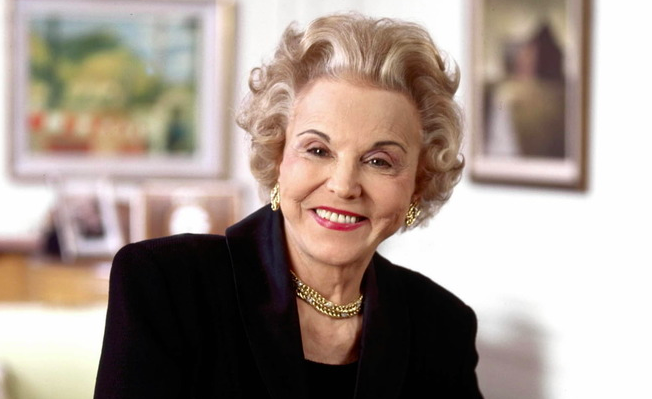Section:
Dear Ann Landers,
ur San Antonio Press printed the letter critical of you for suggesting counseling to a 17-year-old girl who refused to attend her best friend's funeral. You replied, "A funeral provides proof that the de-ceased is gone. It helps the bereaved to overcome denial mechanisms." You are dead right, Ann. Don't let anyone change your mind. I learned the lesson from bitter experience. My husband was declared missing in action over France on June 10, 1944. In January of '45 he was declared dead after his crashed plane was found. I refused to believe it. News items about lost flyers who were found alive in unexpected places kept my hopes alive. Finally I was forced to make the decision and I requested that my hus- band be buried in France. A flag came home. Almost 20 years later I took my son to France to visit his father's grave. When the kindly custodian asked us whose grave we had come to see my throat closed. I couldn't speak or eat for 48 hours. I grieved as if my husband had just died. Even now, as I write these words I can feel my throat tighten. I realize I suffered all that agony because I had never witnessed the final farewell. I should have re-quested that my husband's remains be sent home and had a funeral. So please keep telling it like it is, Ann. People need to hear it.
,



